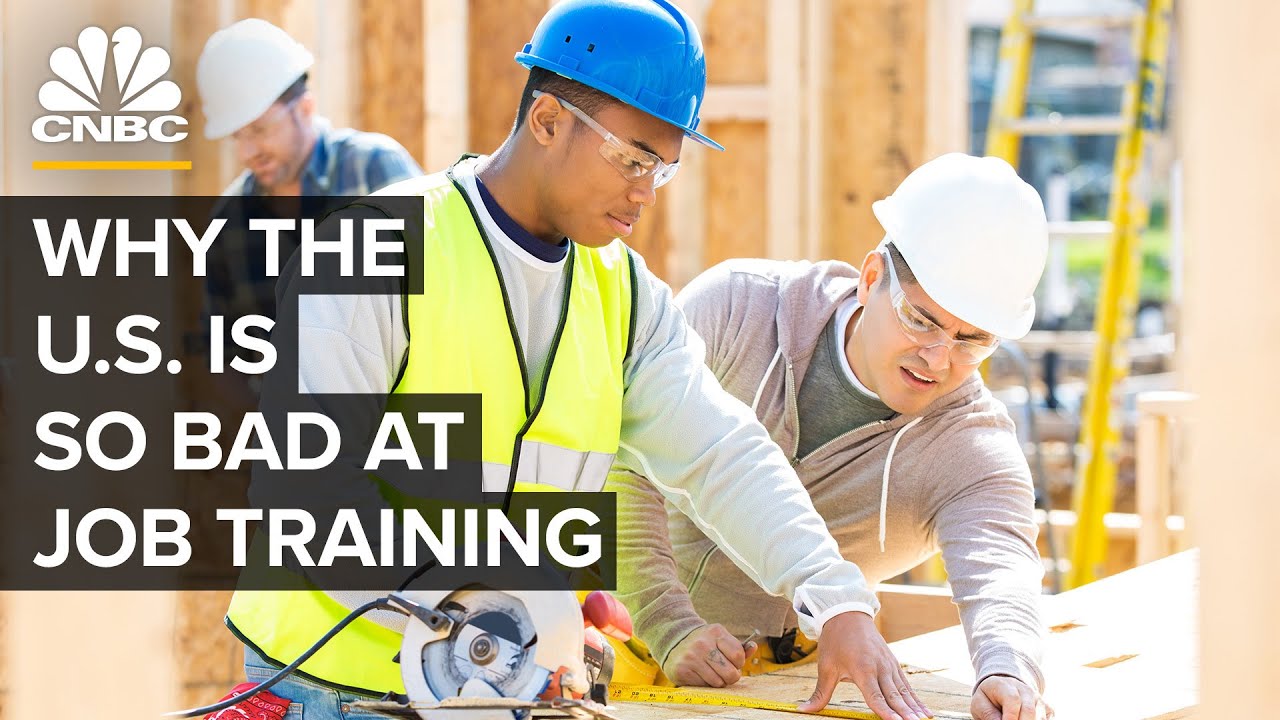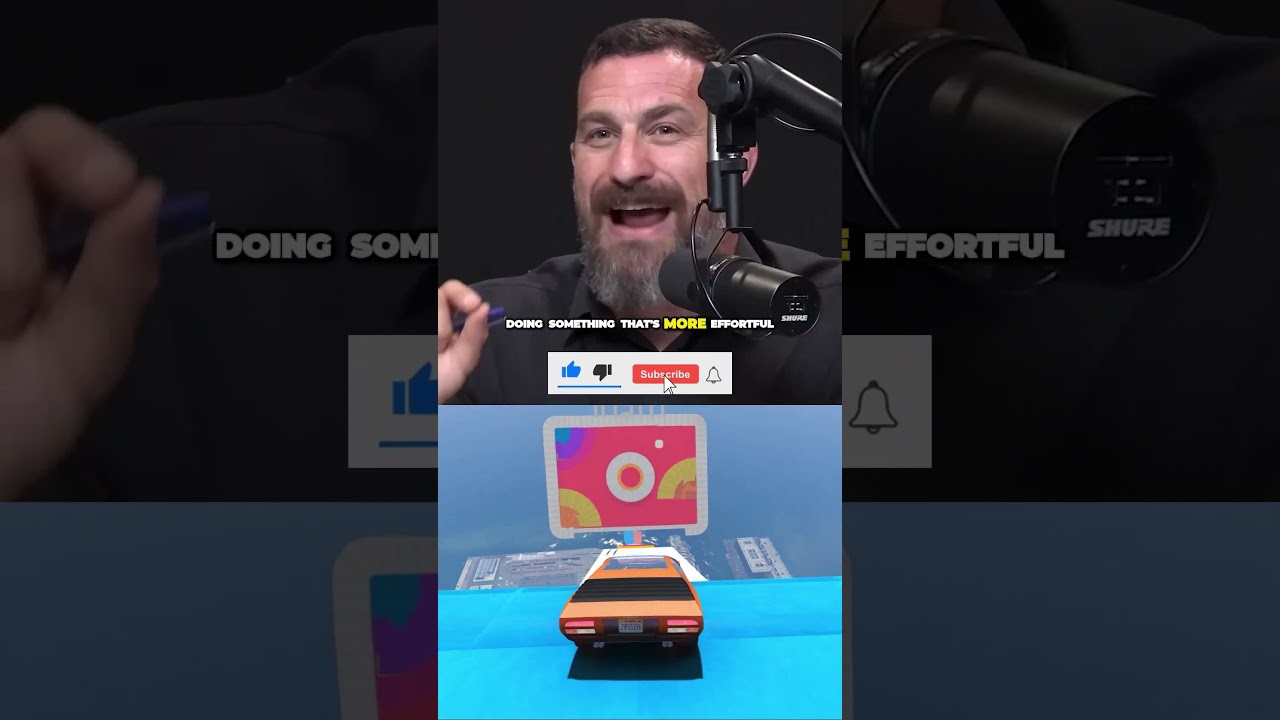Career growth in certain sectors is particularly difficult because the U.S. does not create many opportunities for adult education. To keep up with the evolving needs of the economy, Rachel Lipson, who is the founding director of Harvard University’s Project on Workforce, suggests rethinking our investments in education to help workers expand their skillsets alongside technological advances. Watch the video on why she sees education as the key to preparing for the needs of the future.
What will the future of work look like post pandemic? That is the million-dollar question, according to Rachel Lipson, founding project director of Project on Workforce at Harvard University’s Malcolm Wiener Center for Social Policy. She doesn’t have the answer, but Lipson does have some ideas about the trends workers should be watching closely and the threat to traditional work structures.
A 9-5 workday, a linear path from higher education to a career, robots taking over jobs, are all among the existing themes that will influence future labor market needs and require reimagining career paths, Lipson says.
In a recent interview for CNBC’s “Work in Progress” series, Lipson discussed trends she says the workforce will need to adapt to in a post-pandemic economy. Here are three of the big ones.
Nothing about remote work is certain
At the start of the pandemic, labor experts were skeptical that the U.S. professional work culture was ready to embrace remote employment. Now almost two years later, the assumptions have changed, as remote and hybrid work has proven to be productive, and a focus on employee wellness and a healthy work culture has taken precedence over an in-person work schedule.
But Lipson says experts are still reserving judgment on whether the acceptance of remote and hybrid culture is permanent. “Or over time, [are we] going to see some reversion of the back to normal?” she asked.
Remote work has created flexibility and eliminated daily commutes, which Lipson says has led to a reckoning that will be hard to reverse: “How much time you can spend with your family if you remove the commute from the equation.”
But the remote experience has also led to work burnout and has taken place during the Great Resignation phenomenon. Lipson worries long term about a class divide that could be created by a remote work system. “There is some research that implies that certain groups are going to be hurt more by the lack of in-person contact and interaction, “she said.
Not all workers are equally able to work remotely, either.
“We know that disproportionately from the data, workers with higher levels of education and higher wage roles are more likely to be able to have the option to work from home or to work out of the office,” she said.
Vast underinvestment in older workers
There is a fundamental rethinking taking place about the connection between education and work.
“The future of work in a lot of ways is dependent on the future of education,” Lipson said.
Creating transitions from the education system into good jobs, and questioning whether more education necessarily equals more success, are among the issues with major consequences for the future of work.
“Maybe someone doesn’t necessarily need a whole lot more education and training to successfully find a new job, but they need help translating their experience on their resume,” she said.
With more job coaching, practice interviews and better job matching, workers may get into new and better paying jobs much quicker. “But it is a place where we need human support and technology investments to make those transitions smoother,” Lipson said.
The traditional four-year college route to a job and higher education have been attacked as out-of-date with job market needs and Lipson said that for many workers they could be a thing of the past as experts rethink how to create career paths. It’s been on the minds of many — education as the singular route to better-paying opportunities — during the pandemic, Lipson said, and not just among the experts. College enrollment just saw its largest two-year decline in 50 years.
» Subscribe to CNBC: https://cnb.cx/SubscribeCNBC
» Subscribe to CNBC TV: https://cnb.cx/SubscribeCNBCtelevision
» Subscribe to CNBC Classic: https://cnb.cx/SubscribeCNBCclassic
About CNBC: From ‘Wall Street’ to ‘Main Street’ to award winning original documentaries and Reality TV series, CNBC has you covered. Experience special sneak peeks of your favorite shows, exclusive video and more.
Connect with CNBC News Online
Get the latest news: https://www.cnbc.com/
Follow CNBC on LinkedIn: https://cnb.cx/LinkedInCNBC
Follow CNBC News on Facebook: https://cnb.cx/LikeCNBC
Follow CNBC News on Twitter: https://cnb.cx/FollowCNBC
Follow CNBC News on Instagram: https://cnb.cx/InstagramCNBC
#CNBC
Why The U.S. Is So Bad At Job Training
source



